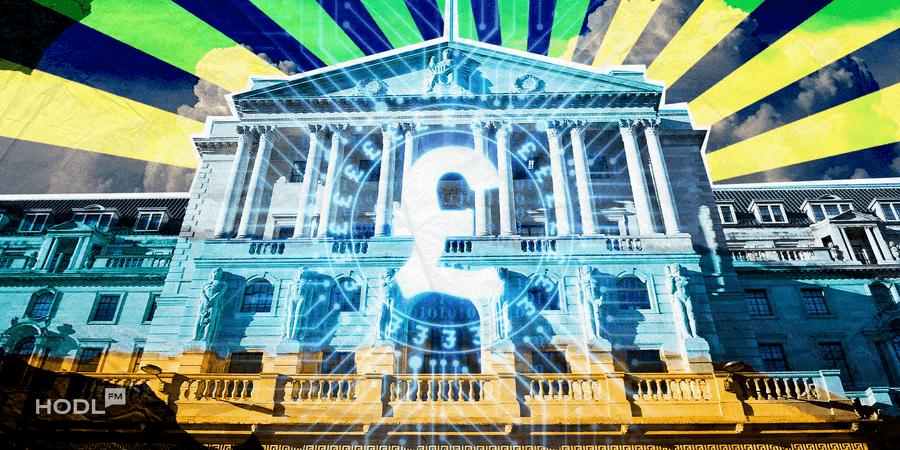The Central Bank of Brazil has published three new resolutions that establish a comprehensive regulatory framework for virtual asset service providers (VASPs). The measures define authorization processes, operational standards, and rules for the classification of digital asset activities within the foreign exchange and international capital markets.
The new rules, published under Resolutions BCB No. 519, 520, and 521, extend existing financial sector standards to the virtual asset industry. They aim to strengthen compliance mechanisms, promote transparency, and mitigate risks such as fraud, scams, and money laundering associated with digital assets. The regulations will take effect on February 2, 2026, with companies given nine months to comply.
Regulation of virtual asset services
Resolution BCB No. 519 outlines the regulatory framework for the provision of virtual asset services and the establishment of Virtual Asset Support Services Companies (SPSAVs). It defines who may operate in this sector, the categories of service providers, and their obligations.
Under this resolution, virtual asset services may be provided by institutions already authorized by the Central Bank or by newly established SPSAVs created exclusively for this purpose. These companies will operate according to their classification as intermediaries, custodians, or brokers.
The regulation applies the same requirements imposed on financial institutions to crypto-related companies. This includes client protection, transparency, governance, internal controls, cybersecurity, and anti-money laundering and counter-terrorist financing measures. Providers must also maintain clear information disclosure standards and implement security and incident response systems.
According to the Central Bank, the approved measures result from an extended public consultation process. Four separate consultations, No. 97/2023, 109/2024, 110/2024, and 111/2024, received contributions from domestic and international entities, including regulated financial institutions, law firms, and crypto market participants.
Authorization process for virtual asset firms
Resolution BCB No. 520 governs the authorization procedure for virtual asset service providers. It updates approval processes for several financial market participants such as foreign exchange brokers and securities distributors and establishes unified standards for authorization requests.
The regulation defines the necessary documentation and review timelines for institutions currently providing virtual asset services to align with the new standards. These companies will need to request authorization and satisfy the conditions laid out in the rule before continuing operations.
This measure aims to ensure an orderly transition by setting clear operational and compliance benchmarks for new and existing participants seeking to operate under the SPSAV structure.
Foreign exchange and international capital operations
Resolution BCB No. 521 determines which virtual asset activities are classified as foreign exchange or international capital operations. From February 2026 onward, several activities involving digital assets will be treated as foreign exchange transactions.
These include:
- International payments or transfers using virtual assets;
- Transfers related to international card or electronic payment obligations;
- Transfers of virtual assets to or from self-custodied wallets, provided that the provider identifies the wallet owner and verifies the origin and destination of the assets;
- Buying, selling, or exchanging virtual assets referenced in fiat currency.
Once authorized, virtual asset providers may offer services in the foreign exchange market under the same supervisory framework as other financial institutions. For service providers not authorized to engage with the foreign exchange market, international payments or transfers using virtual assets are capped at US$100,000 per transaction.
Resolution 521 also sets procedures for using virtual assets in external credit operations and foreign direct investment, ensuring legal certainty and consistency in Brazil’s financial statistics.
Policy objectives and remarks from authorities
According to Gilneu Vivan, the Central Bank’s director of regulation, the measures are designed to improve oversight and limit the misuse of virtual assets.
“New rules will reduce the scope for scams, fraud, and the use of virtual asset markets for money laundering,” he said at press conference.
The Central Bank indicated that these rules aim to provide efficiency and legal clarity for virtual asset operations, while harmonizing regulations across domestic and international financial activities.
Implementation timeline and market context
All three resolutions, 519, 520, and 521, will come into effect on February 2, 2026, with mandatory reporting to the Central Bank for foreign exchange and capital transactions beginning May 4, 2026. According to local media, companies must comply by November 2026 or discontinue their operations.
Brazil’s move follows a significant expansion in digital asset use. The country ranks fifth globally in crypto adoption, up from tenth in 2024, according to Chainalysis. Between July 2024 and June 2025, the country recorded $318.8 billion in crypto value received, representing nearly one-third of all digital asset activity in Latin America.
Central Bank Governor Gabriel Galipolo has noted that around 90% of Brazil’s crypto flow involves stablecoins, reflecting a shift toward digital payment usage rather than speculative investment.
As the new rules come into force, Brazil is expected to consolidate its position as a key regulatory leader in Latin America’s evolving digital asset ecosystem.

Disclaimer: All materials on this site are for informational purposes only. None of the material should be interpreted as investment advice. Please note that despite the nature of much of the material created and hosted on this website, HODL FM is not a financial reference resource, and the opinions of authors and other contributors are their own and should not be taken as financial advice. If you require advice. HODL FM strongly recommends contacting a qualified industry professional.





